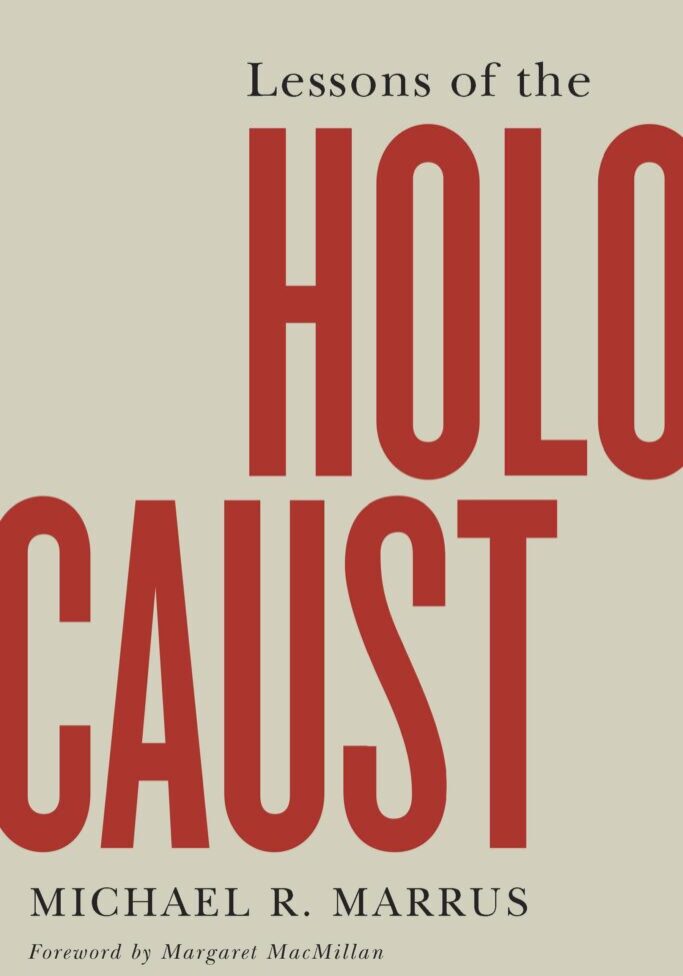In 701 B.C. the Assyrian empire was in its ascendancy. It had already vanquished the kingdom of Israel to the north including the capital at Samaria. It then prepared an assault on Judah and its capital at Jerusalem.
But in one of those significant events that changes the course of world history, Assyria was repelled. Jerusalem was saved until 586 B.C. when the Babylonians sacked the city, forcing its leadership class into exile.
Henry Aubin, in a major feat of scholarship, determines that Jerusalem was aided by a Kushite army from Africa which had marched northeast from the Nile valley. While the Bible attributes the Assyrian retreat to an angel and secular commentators cite pestilence, Aubin, in a meticulously documented work, demonstrates that an alliance with the African nation of Kush bolstered Jerusalem’s defences.
Kush, also known as Nubia, was located in what is now southern Egypt and northern Sudan. A monarchy that existed for more than 1000 years, from 900 B.C. to A.D. 350, Kushites held sway over Egypt from 712 B.C. to about 660 B.C. Of Egypt’s 31 dynasties, this, the 25th Dynasty, is the only one that all scholars agree, was black.
The commander of the Kushite expeditionary force was Taharqa (or as the Bible calls him Tirhakah). This Kushite prince, who had his own interests in halting Assyrian expansion, likely caught the aggressors by surprise as they prepared their siege of Jerusalem.
Aubin offers a thrilling military history and a stirring political analysis of the ancient world. He also sees the event as influential over the centuries.
The Kushite rescue of the Hebrew kingdom of Judah enabled the fragile, war-ravaged state to endure, to nurse itself back to economic and demographic health, and allowed the Hebrew religion, Yahwism, to evolve within the next several centuries into Judaism. Thus emerged the monotheistic trunk supporting Christianity and Islam.

Michael Marrus is the author of The Holocaust in History, The Nuremberg War Crimes Trial 1945-46; A Documentary History, Vichy France and the Jews (with Robert O. Paxton), and Some Measure of Justice, on Holocaust restitution. he is a Fellow of Massey College at the University of Toronto and the Wolfe Professor Emeritus of Holocaust Studies. He is a member of the Order of Canada
University of Toronto Press, 2016
Lessons of the Holocaust
Winner of The Canadian Jewish Literary Award for History
When the eminent historian Michael Marrus was a student at Berkeley in the 1960’s, the Holocaust—the great catastrophe of European Jewry—was hardly a footnote to the study of WWII. However, as the full horror of Germany’s Nazi regime emerged, the Holocaust grew to become a central and confounding event of the 20th Century.
As knowledge about the genocide of European Jews has exploded, the quest to distil its “lessons†has intensified. What can we learn from the Holocaust? Is there a redemptive message, or “take away†that may help prevent such depravity in the future?
Teasing these lessons out of the ashes of World War II is far more complex than familiar platitudes might suggest. Who defines the lessons? Where do we look for them—to the victims, to the perpetrators, to the bystanders, to the political leaders? How do we commemorate or memorialize the Holocaust? Indeed, are there lessons?
In this brief, sharp, stimulating analysis by a historian still totally engaged with his subject, Marrus offers the reader a new approach to the Holocaust lessons so many of us seek.